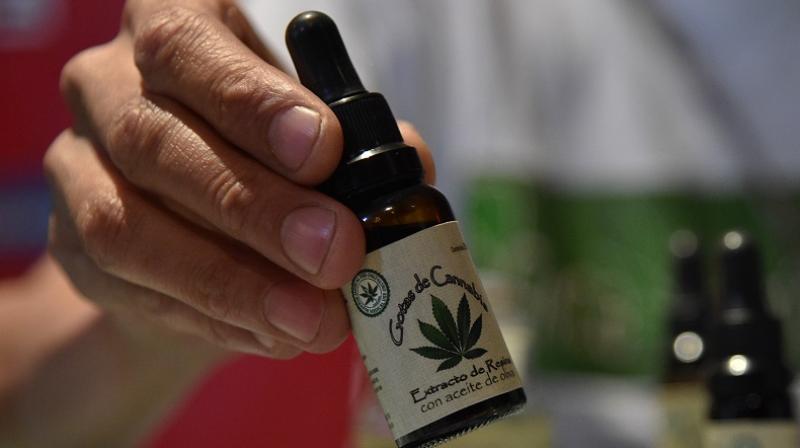Cannabis extract can actually increase risk of cancer: study
Given the widespread legalisation of marijuana in the US, it is imperative to study the full toxicology of its consumption.

Washington: The vapour produced by a cannabis extract contains benzene and other potentially cancer-causing chemicals, a study has found.
The study by Portland State University in the US raises health concerns about dabbing, or vaporising hash oil - a practice that is growing in popularity, especially in areas that have legalised medical or recreational marijuana.
Dabbing is already controversial. The practice consists of placing a small amount of cannabis extract - a dab - on a heated surface and inhaling the resulting vapour.
The practice has raised concerns because it produces extremely high levels of cannabinoids - the active ingredients in marijuana, researchers said.
"Given the widespread legalisation of marijuana in the US, it is imperative to study the full toxicology of its consumption to guide future policy," said Rob Strongin, a Portland State professor.
"The results of these studies clearly indicate that dabbing, while considered a form of vaporisation, may in fact deliver significant amounts of toxins," said Strongin, who led the study published in the journal ACS Omega.
Strongin and his team analysed the chemical profile of terpenes - the fragrant oils in marijuana and other plants - by vapourising them in much the same way as a user would vaporise hash oil.
Terpenes are also used in e-cigarette liquids. Previous experiments by Strongin and his colleagues found toxic chemicals in e-cigarette vapour when the devices were used at high temperature settings.
The dabbing experiments produced benzene - a known carcinogen - at levels many times higher than the ambient air, Strongin said.
It also produced high levels of methacrolein, a chemical similar to acrolein, another carcinogen.

